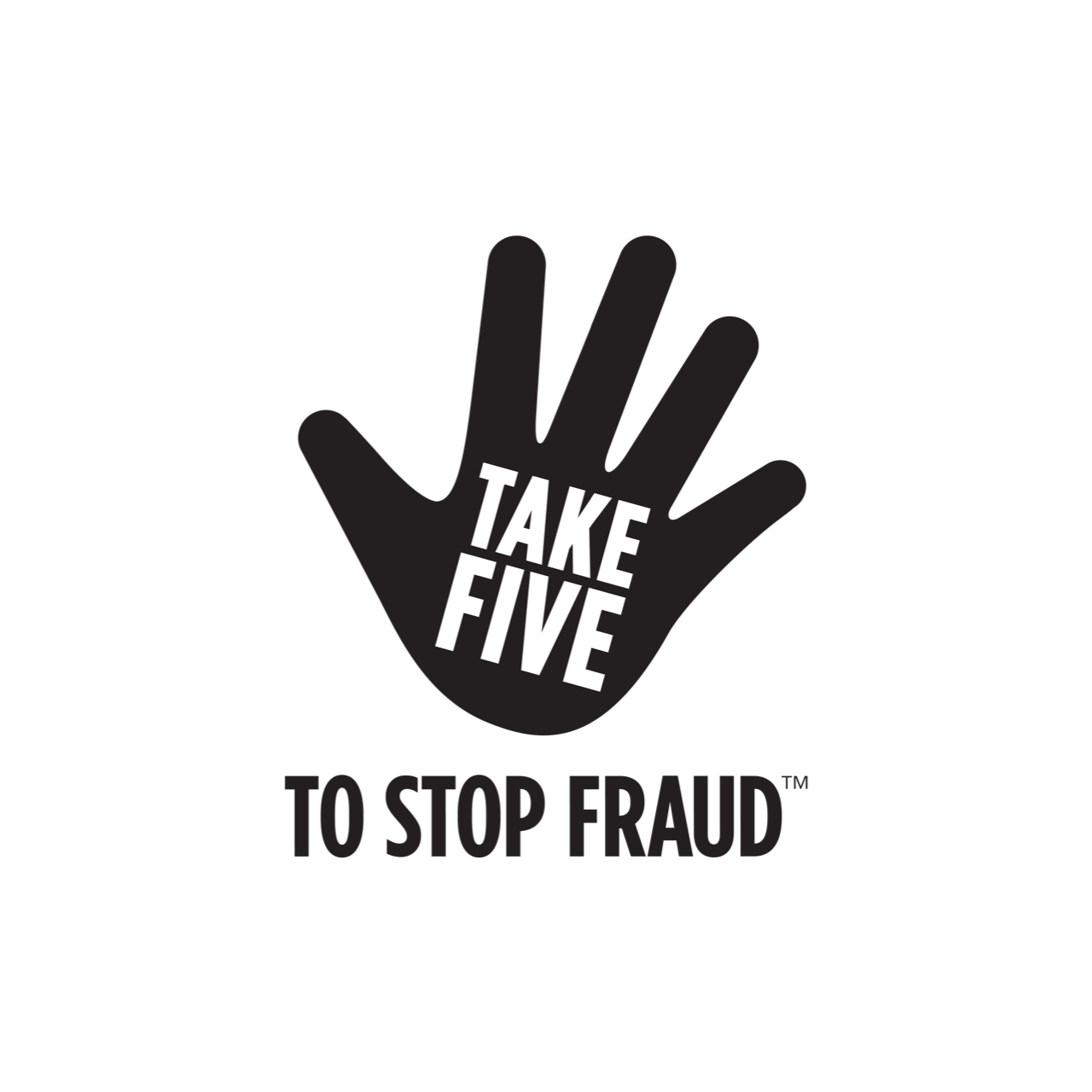A card scam is when fraudsters trick you into making a payment using your bank card, under false pretences. They can be extremely elaborate, but devastating if you get caught out.
But one of the best ways to protect yourself is just to be aware of the types of scams out there. Here are three of the most common methods fraudsters use:
Social engineering and impersonation
Social engineering is when a fraudster manipulates you into making a card payment, just by talking to you! This is usually done on a phone call, where fraudsters may ask you to share your card details, share a code that's been sent to you via text message, or approve something in your banking app. Fraudsters might:
Say they're from your bank and that your account is at risk. They may ask you to share some details or approve a payment in order to secure the account or verify your identity.
Claim they're from your phone company. They may ask you to share some details or approve a payment in order to to upgrade your account with them to a better deal.
Fake investment opportunities
This is when a fraudster manipulates you into investing funds using your card into an unregulated or untrusted platform, often promising high return rates. Examples of this scam include:
A fraudster provides you with the details of the website where you can see the investment platform, rates and returns. You make a payment using your card, but when you want to withdraw your funds, you find you can't access your money.
Instead of investing directly in the platform, you make a transaction to another payment provider under the fraudsters instructions, as they've agreed to handle your investment for you. Once you've paid the money, you lose all contact with them.
Advance fee fraud
Advance free fraud is when a fraudster manipulates you into making a payment for something in advance under false pretences, often using fake websites. Here are some examples:
You're selling an item on Gumtree or other online marketplace, and a fraudster gets in touch claiming they'd like to purchase this. They send a payment link for a holding fee so they can arrange for a courier to collect the item, following which you'll be paid in full. The payment is taken for the courier but you then lose contact with the buyer.
You're looking for a place to rent for a staycation and start chatting to someone you've met online. They send you a link for what appears to be their property listing on Airbnb and proceed to make the payment to reserve the property, but following this you can't get in touch with the property owner. You take a look into the website URL that the property was advertised on and find that it's not the legitimate Airbnb website.
How to protect yourself
Knowing the scams is only half the battle. There are also some proactive steps you can take if you're feeling unsure about something. Here are a few top tips:
Be cautious with links received. Fraudsters will often gather personal information via phishing links, impersonating legitimate companies. They'll then use this information in targeted scams as a way of building trust.
Verify websites, email addresses and phone numbers. These can be easily spoofed and mimicked.
Be vigilant, ask questions. Fraudsters may know information about you, but this doesn't mean they're legitimate.
If someone claiming to be from your bank, HMRC or the Police contacts you out of the blue, hang up the phone and get in touch with them directly using known contact details (you can usually find a bank's contact details on the back of your debit/credit card).
Take your time. Fraudsters will often try to scare you into making payments or revealing details, by saying that your account is under threat or you'll face arrest if you don't comply.
An organisation you trust will never try to panic you, stop you from talking to friends or family, or force you into making a payment on the spot.
If it sounds too good to be true, it probably is. Fraudsters will attempt to lure you into investments with very high returns, or purchase prices that are too good to be true.
Have the confidence to say no. Listen to your gut instincts and leave the conversation if something feels off.
A trustworthy person shouldn’t make you feel panicked, rushed, fearful or guilty.
If you have any doubts at all, it's always better to double check than go along with it. Once your money’s gone, it's often incredibly difficult to get it back.
For more information on scams and ways to stay safe, visit Take Five.
